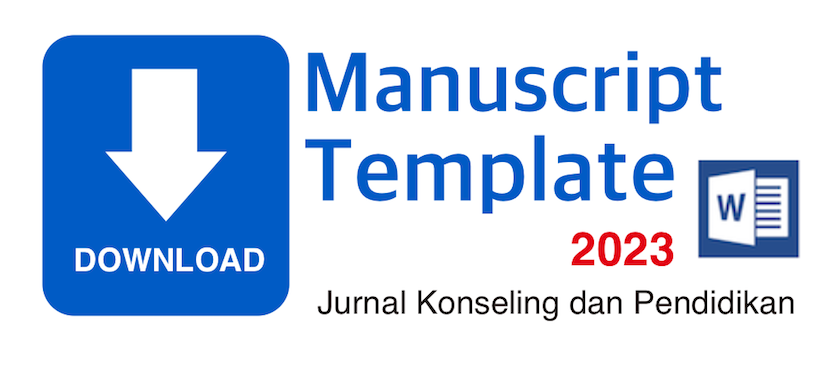Pemahaman Konsep Perubahan dan Kegunaan Benda dengan Metode Smart Game & Pembelajaran Kooperatif Tipe Make A Match dalam Mata Pelajaran IPA di SDN 12 Nan Sabaris
 ),
), (1)
 Corresponding Author
Corresponding Author
DOI : https://doi.org/10.29210/13300
Full Text:
 Language : en
Language : en
Abstract
Results of preliminary observations at several elementary schools shows that there are some constraints faced by teachers in the learning process. One problem is difficult to cultivate an understanding of the concept of identifying objects are known and their usefulness to students through observation. The purpose of this action research are (1) to determine that the method of smart games and cooperative learning make a match can improve the understanding of the concept of identifying objects are known and their use through observation, (2) to improve the students' tasks in groups in understand the concept of identifying objects are known and their use through observation. Data obtained through tests and usage observation guide, the data is processed by a percentage. Results of the analysis of the data obtained in the first cycle of learning success; 64.00%, and the second cycle; amounting to 83.50%. So the smart methods of cooperative learning the game and make a match indicates no increase student learning from the first cycle to the second cycle. Thus the smart methods of cooperative learning the game and make a match can improve the understanding of the concept of identifying objects are known and their use through observation of students. The cooperation of students in completing the task in groups also increased, proved more active play looking for a partner in the group and the ability to group tasks more quickly and perfectly.
Keywords
References
Arief, A. 1996. Menciptakan Situasi Belajar Mengajar yang Dinamis. Jurnal Chimera 1 (1) / 95:5 – 21
Arikunto, S. 1990. Lingkungan sebagai Sumber Belajar di Sekolah. Jakarta: Dirjen Dikti P2TK. Depdikbud.
Arikunto, S. 1999. Dasar-dasar Evaluasi Pendidikan. Jakarta: Bumi Aksara.
Darmodjo, H, & Kaligis, J.R.E. 1992. Pendidikan IPA II. Jakarta: Depdikbud Dirjen Dikti P2TK.
Depdikbud. 1994. Kurikulum SD. Petunjuk Pelaksanaan Proses Belajar Mengajar. Jakarta: Depdikbud
Depdikbud. 1999. Penelitian Tindakan Kelas (Action Research). Jakarta: Depdikbud Dirjen Dikdasmen, Direktorat Pendidikan Menengah Umum
Rifai, M.A. 1992. Keanekaragaman Hayati dalam Kelas Sekolah. Surabaya: FRMIPA IKIP Surabaya.
Sardjono. 2000. Permasalahan Pendidikan di Sekolah dan Upaya Pemecahannya. Malang: Dirjen Dikti Depdiknas.
Sudjana, Nana. 1989. Penilaian Hasil Belajar Mengajar. Bandung: PT. Remaja Rosdakarya.
Slavin, Robert. 1986. Cooperative Learning Theory, Research and Practice (2nd). Boston: Allyn and Bacon.
Sukmadinata, N.S. 1988. Prinsip dan Landasan Perkembangan Kurikulum. Jakarta: Depdikbud Dirjen Dikti. P2LPTK.
Sulasmi, E.S. 2000. Pengajaran Keanekaragamanan Tumbuhan di SMU, Permasalahan dan Pemecahannya. Malang: Depdiknas UM, FMIPA. Makalah, 23 Februari 2000.
Susilo, H. 2000. Pentingnya Penelitian Tindakan Kelas bagi Guru Masa Depan. Malang: Depdiknas Universitas Negeri Malang. Disajikan dalam Seminar Pemberdayaan Penalaran dengan Tema Penyiapan Generasi yang Berkualitas melalui Pengembangan Penalaran Siswa SD di SDN 2 Malang 15 April 2000.
Tim Peneliti Proyek PGSM. 1999. Penelitian Tindakan Kelas (Classroom Action Research). Jakarta: Depdikbud Dirjen Dikti P2GSM (Secondary School Teacher Development Project).
Yount, J.R & Horton, P.B. 1992. Factor Influenching Enviromental Attitude: The Relationship Between Enviromental Attitude Defensibility and Cognitive Reasoning Level. Jurnal of Research in Science Teaching 29 (10) 1051-1077.
 Article Metrics
Article Metrics
 Abstract Views : 818 times
Abstract Views : 818 times
 PDF Downloaded : 152 times
PDF Downloaded : 152 times
Refbacks
- There are currently no refbacks.



